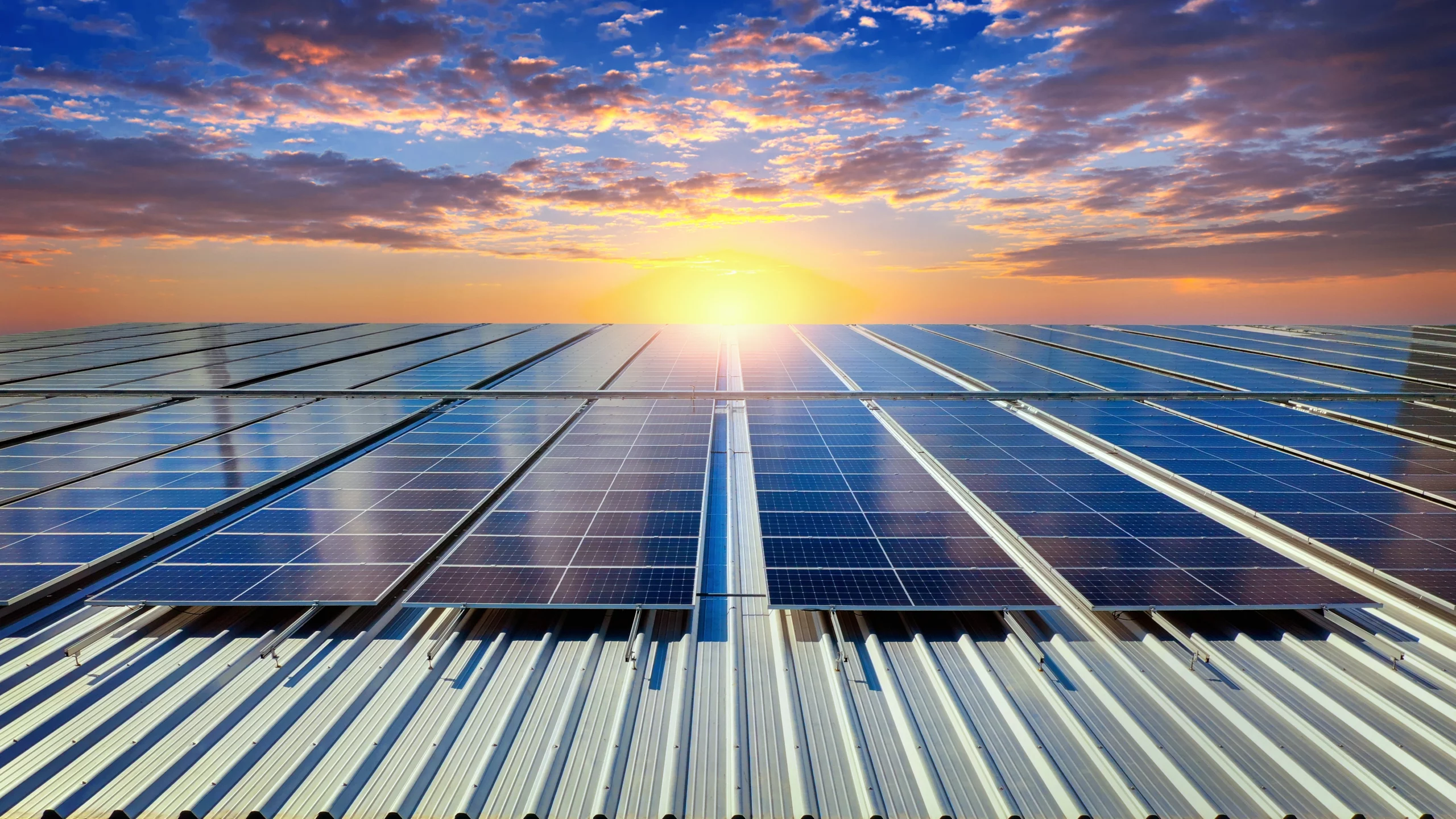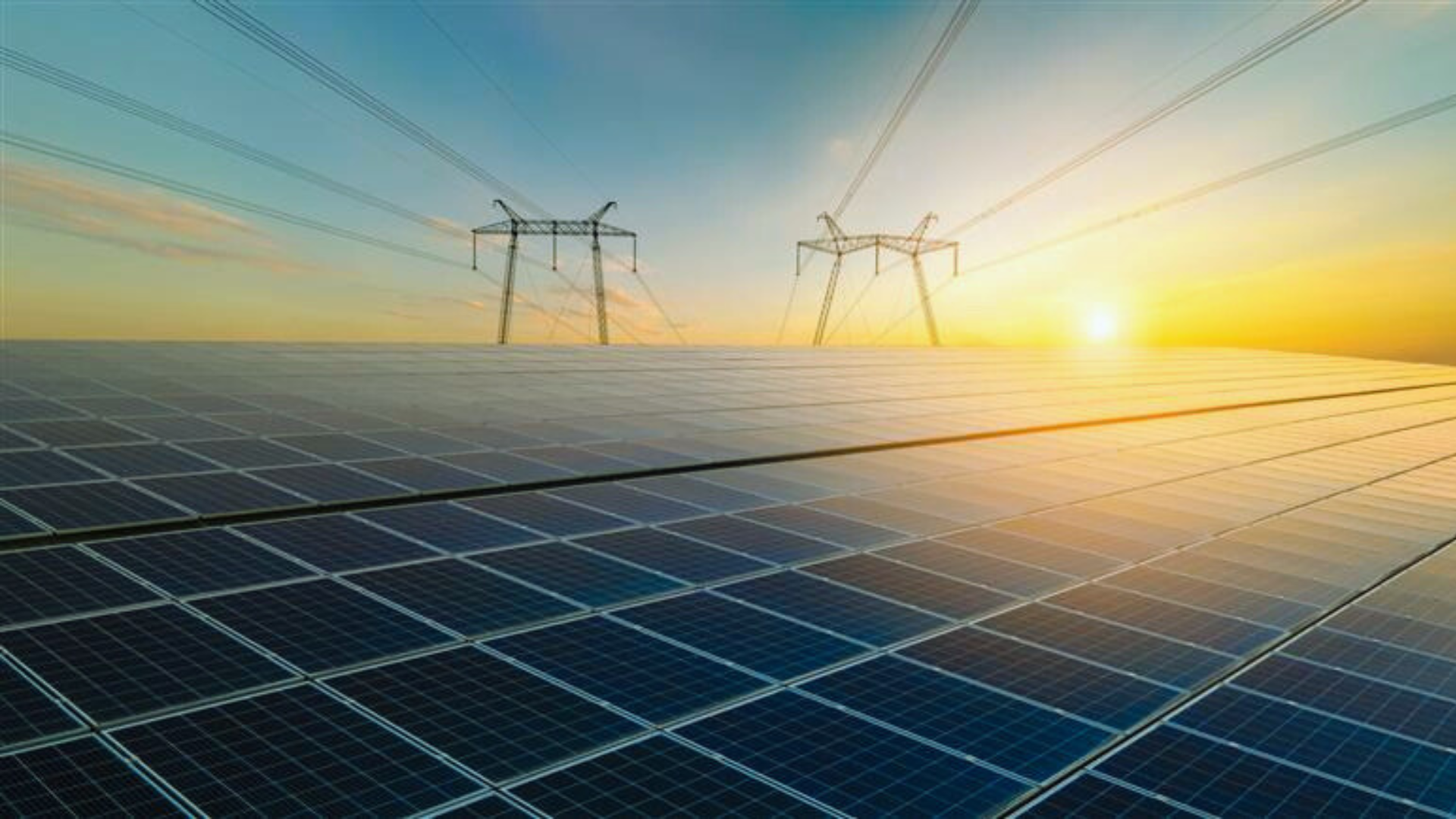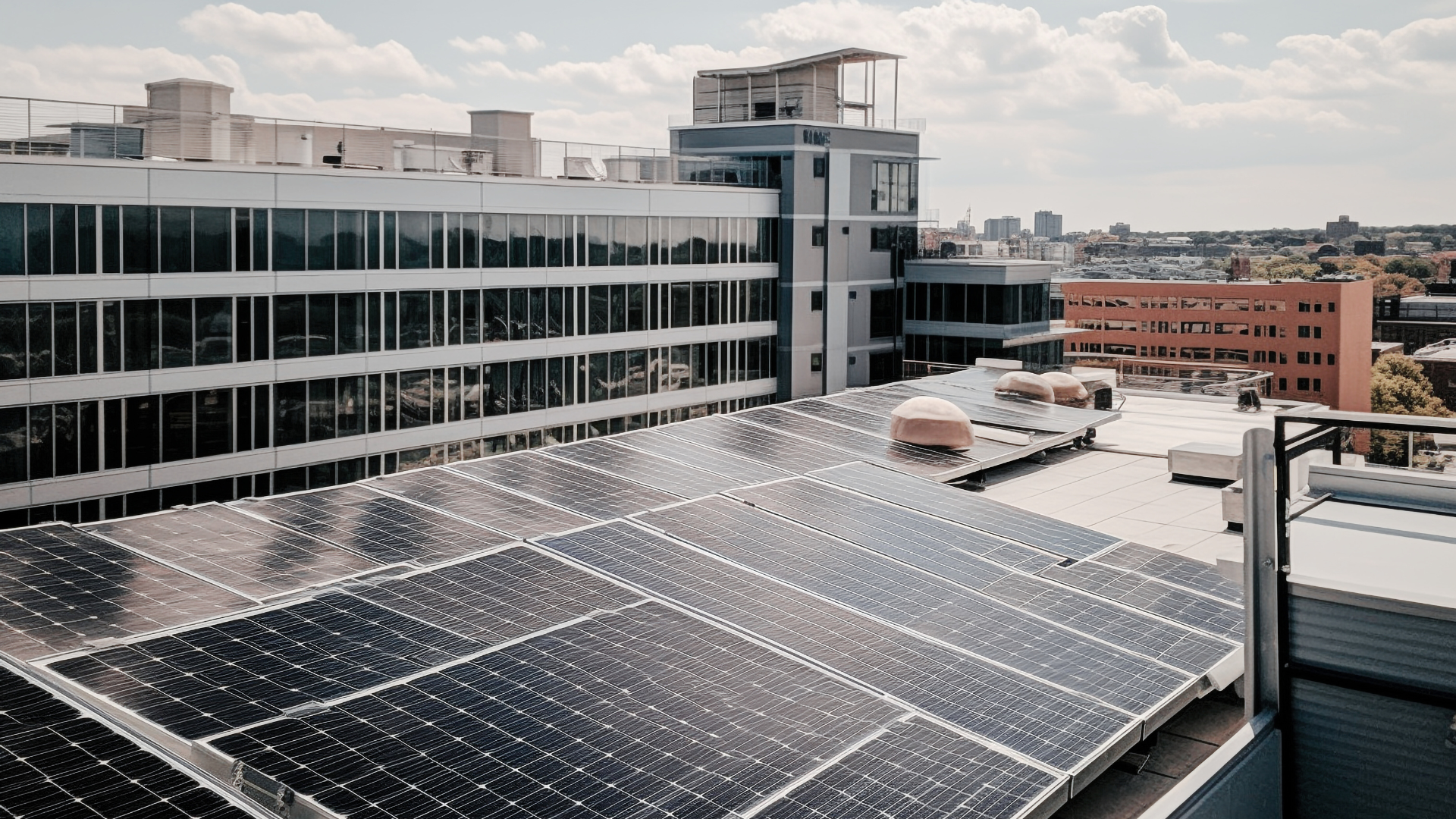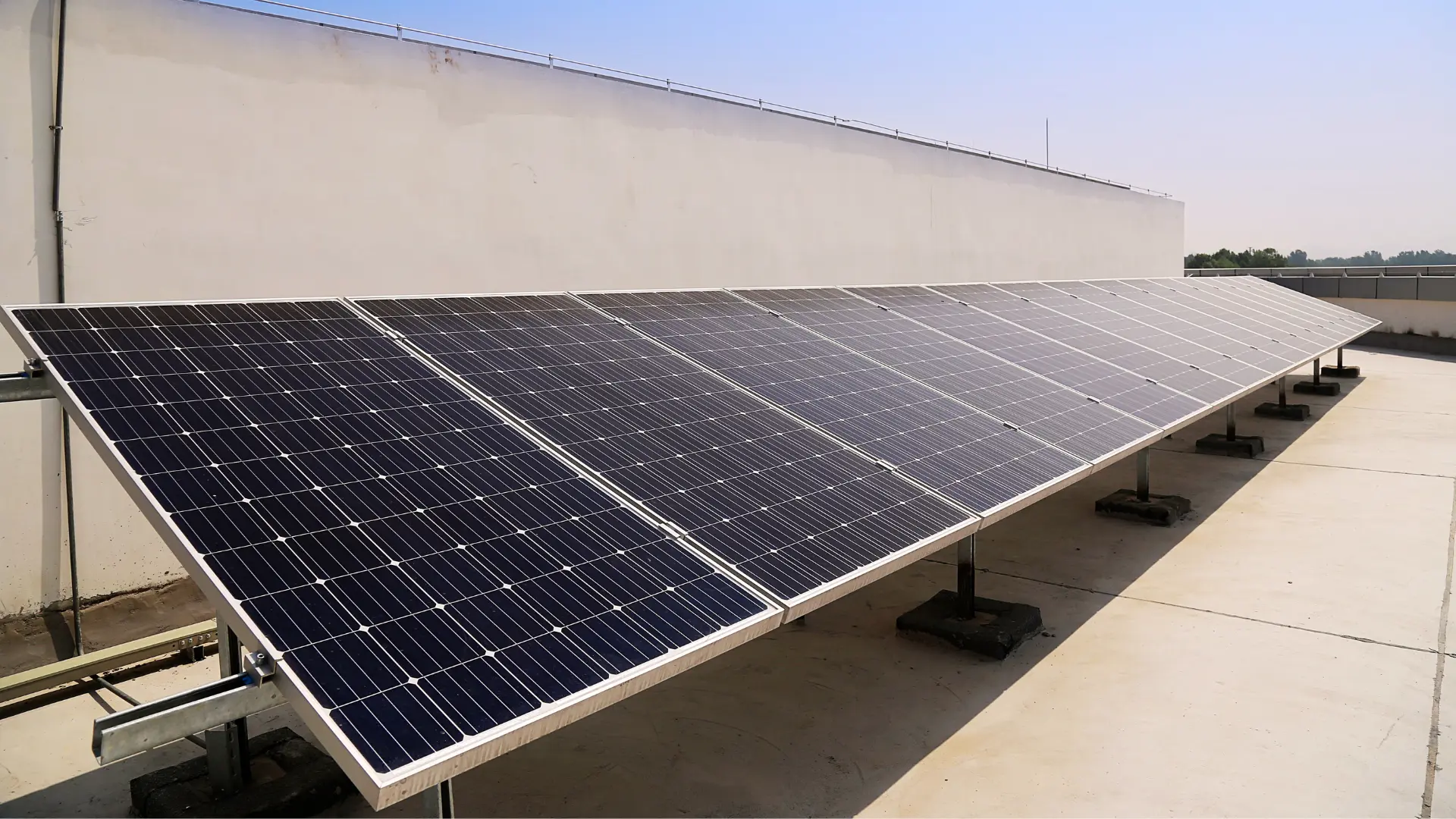Are you thinking of buying a solar panel? Whether you are an eco-conscious homeowner or a savvy business owner looking to cut energy costs, solar panels offer a bright solution. From understanding your energy needs to navigating the financial aspects, we have got you covered. Join us as we explore the sun-powered possibilities to make a solar choice perfect for your pocket and the planet.
Functions of Solar Panels
Solar panels have a wide range of applications, offering clean and renewable energy in various settings. Two common usages of solar panels include:
Charging Batteries
Solar panels ensure a continuous power supply for lighting, appliances, and essential devices. They can charge batteries to provide electricity in off-grid sites and, importantly, in case of emergencies.
Reducing Electricity Bills
Solar panels generate electricity from sunlight, reducing the amount of power you need to purchase from the grid. This can lead to substantial savings on your monthly electricity bills.
Technology
Solar panel technology has evolved over the years, resulting in various types of panels optimized for different applications and efficiency levels. The most common types of solar panels are:
Polycrystalline Solar Panels
These panels are constructed using multiple crystal structures. While they are slightly less efficient than monocrystalline panels, they are generally more cost-effective to produce. Polycrystalline panels are a popular choice for residential installations where cost is a significant consideration.
Monocrystalline Solar Panels
These panels are made from a single crystal structure, which enables them to be more efficient in converting sunlight into electricity. When space is a constraint, opting for monocrystalline panels is an excellent decision due to their superior power output per square foot compared to other panel types.
Solar Panel Capacity
Determining your energy consumption is a critical starting point in selecting the correct solar panel capacity to suit your requirements. Start by analysing your average monthly or yearly energy consumption in kilowatt-hours (kWh). This information helps you understand the amount of energy your solar panels need to generate to cover your needs.
Here are some typical solar panel capacities:
Typical Residential Panels: Residential solar panels often have capacities ranging from 250 watts to 400 watts per panel.
Commercial Panels: Panels used for commercial installations can have higher capacities, ranging from 350 watts to 600 watts or more per panel.
High-Efficiency Panels: Some panels, often categorized as “high-efficiency” panels, can produce more power per unit of area. These panels may have capacities upwards of 500 watts or more.
Solar Panels: Size Considerations
If you plan on installing solar panels on your rooftop, measure the available roof area that receives adequate sunlight. By carefully evaluating the space to utilize, you can determine the number and size of solar panels that fit your space while generating the desired amount of electricity. Assess any limitations on the number and size of solar panels you can install.
Smaller roofs or roofs with irregular shapes might require you to choose high-efficiency panels to maximize power output within the available space. A well-designed system takes advantage of usable space to provide maximum energy production.
Features
IP67/68 Junction Box:
An IP67/68 junction box is an electrical enclosure meticulously crafted to safeguard electrical connections and components against various environmental elements, primarily focusing on water and dust protection. It is a crucial component used in solar panel installations, protecting the electrical connections and wiring within the solar panels.
The “IP” stands for Ingress Protection. The first digit, “6”, represents the level of protection against solid particles meaning the enclosure is dust-tight. The second digit, “8”, represents the highest level of protection against water ingress.
Panels equipped with IP67/68-rated junction boxes are well-suited for a wide range of environments, providing peace of mind regarding the security of your solar investment.
Metre DC Wire:
A 1-meter DC wire typically refers to a piece of electrical cable used to connect various components within a solar power system. This cable carries direct current (DC) electricity, which is the type of current generated by solar panels.
An inbuilt wire in the solar panel streamlines installation while minimizing the risk of electrical leakage.
KEY TAKEAWAYS
- One can benefit from solar panels for cost savings and sustainability.
- There are myriad types and size options of solar panels to suit your specific needs.
- EFL offers loans specifically for rooftop solar panels, simplifying the process for homeowners to finance solar energy installations. This, in turn, aids them in reducing their environmental impact through cleaner energy usage.”




